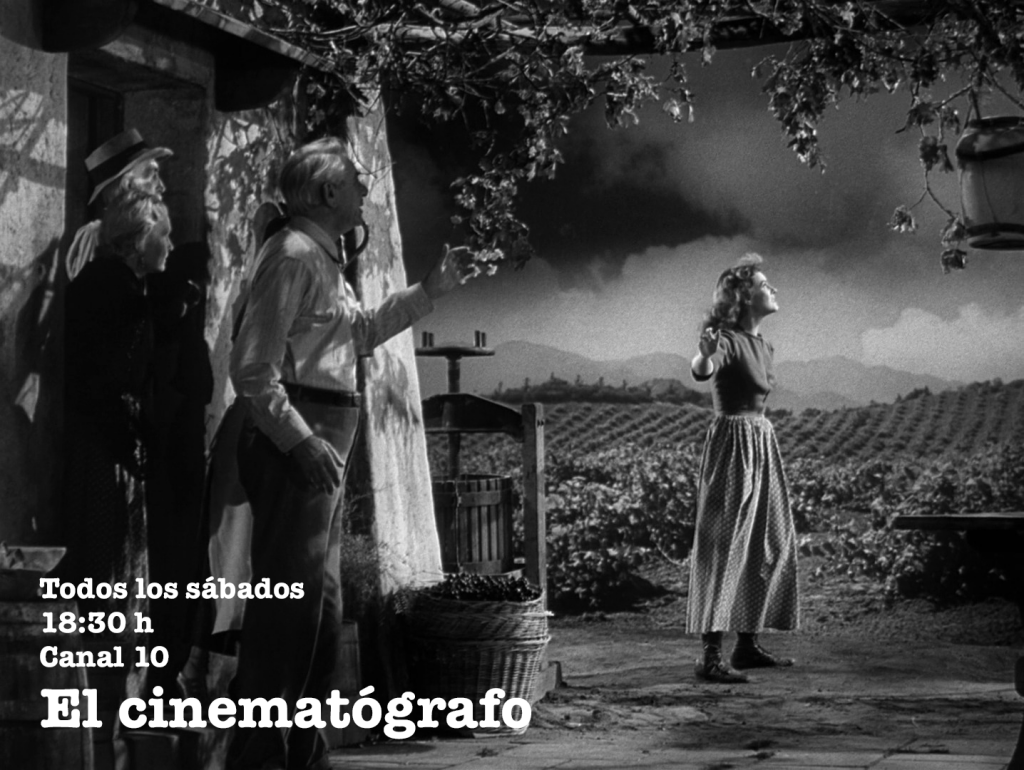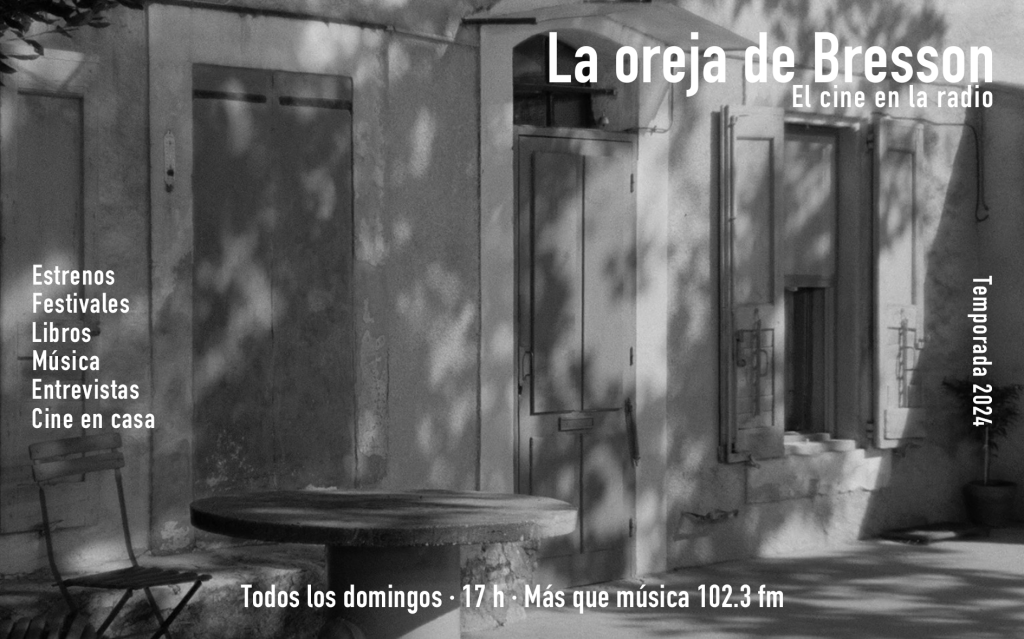FICUNAM (10)
FESTIVAL INTERNACIONAL DE CINE UNAM: PELÍCULAS EN COMPETENCIA / FILMS IN COMPETITION
By Roger Alan Koza

Invernadero / Green House, de Gonzalo Castro, Argentina, 2010
This third feature by Gonzalo Castro might be the empirical proof of a set of theoretic postulates by the director regarding the old idea of “author cinema,” or the politics of authors. However, Invernadero —winner of the Argentinean competition at BAFICI 2010 and recently awarded at Gijón in the dubious non‐fiction category— certainly is a proof of the radicalization of the old concept of author cinema. Young director Gonzalo Castro is the absolute responsible for his entire film. He literally has no collaborators apart from the cast, among them renowned writer Mario Bellatin, who more or less appears playing himself. Invernadero portrays the everyday life of a writer and his emotional and literary ties. As in all Castro’s films, the concepts of fiction and non fiction are obsolete and conversation as a central human‐interaction phenomenon becomes predominant. Extreme formalism is at the service of capturing the extraordinary beauty in the
secret folds of ordinary life. At some point, a friend of Bellatin’s says his writing suggests a literature without text, without ideas, almost without words; a paradox and an impossible condition, however powerful it might be at a metaphorical level. Invernadero —an intimate topos where life grows and is taken care of—seems to be cinema without a narration or cinema without a plot (for in it, form is the plot), which doesn’t mean nothing happens with the scenes, or between them. The last two shots are a demonstration of beauty and gentleness which are present throughout this amazing film.
 Ang Ninanais / Los estribillos ocurren como las revoluciones en una canción / Refrains Happen Like Revolutions in a Song(CIL), John Torres, Filipinas, 2010
Ang Ninanais / Los estribillos ocurren como las revoluciones en una canción / Refrains Happen Like Revolutions in a Song(CIL), John Torres, Filipinas, 2010
An extraordinary and mysterious film in which myth (the epic poem Hinilawod) and history (the Philippine‐American War) meet through a poetic meditation on colonialism in the Philippines, everyday life of Philippine people, and a love story starred by Sarah and Emilio as well as the mythical characters Nagmalitong Yawa and Humadapnon. The original title Ang Ninanais, “the desire” or “that which is desired”, may succeed at evoking the tragic character of romance but John Torres’ third feature cannot be quickly defined or tamed; this is a film that has to be experienced, rather than understood. Though that doesn’t mean this film‐poem lacks a clear plot. Several titles throughout the film give the necessary historic and cultural information and Torres’ paused and serene voice —often reading poems by Eric Gamalinda and Joel Toledo— helps to establish a dream‐like sonority which stands in contrast to some of the popular songs and sounds of streets and villages used in the track. The dialogues are not always presented with subtitles because sometimes the characters speak a language which the director himself cannot understand. The masterly conception of this film’s soundtrack is matched by the composition of the visual shots. Most of the time, Torres doesn’t present close‐ups of faces (though he offers a brilliant one of a reflection in a glass) and prefers to emphasize feet and napes of necks. Often the camera seems to come right out from the ground and thus low‐angle shots become a stylistic mark; and that is the best‐kept secret of this fascinating cinematography.





Últimos Comentarios